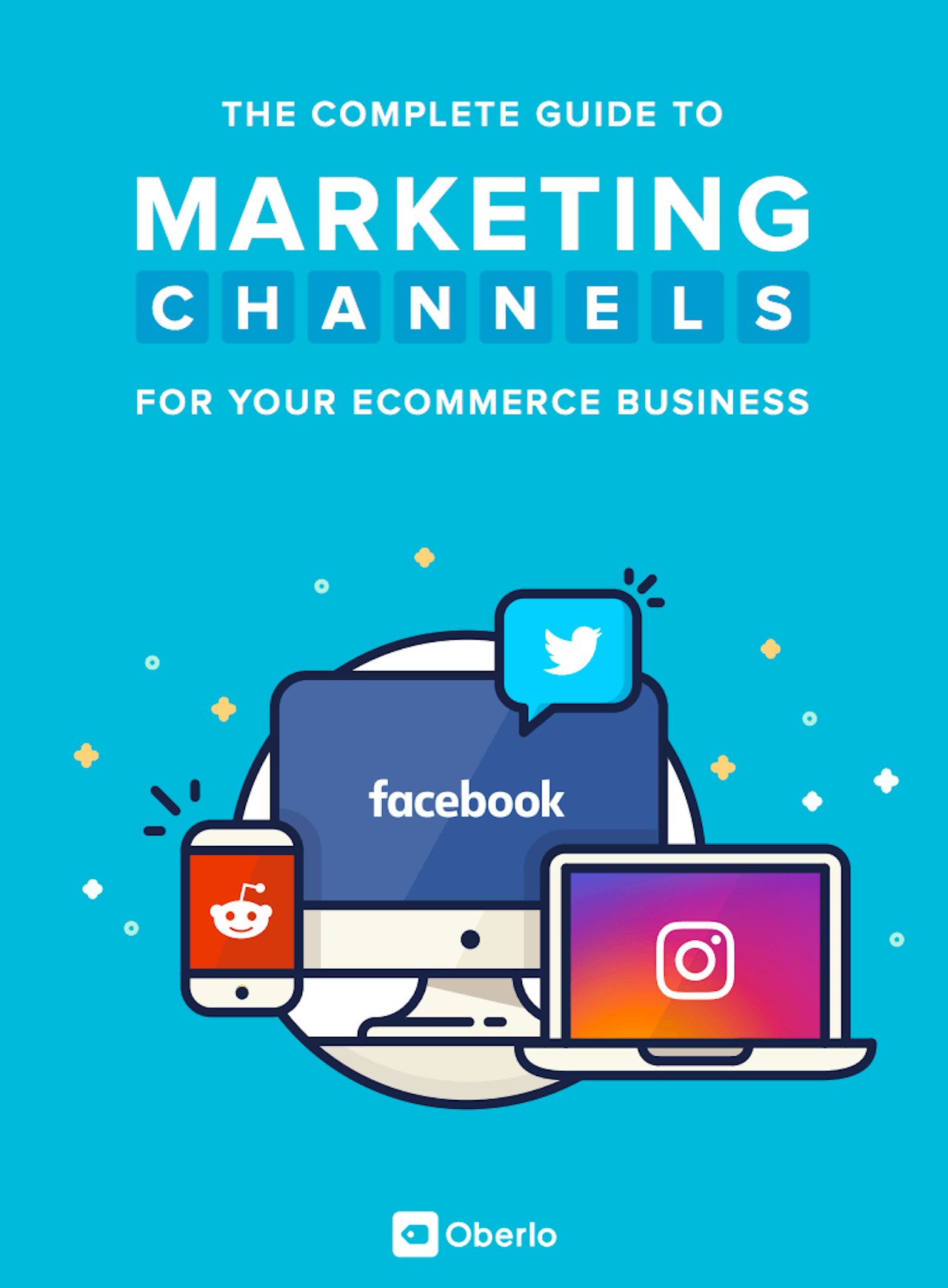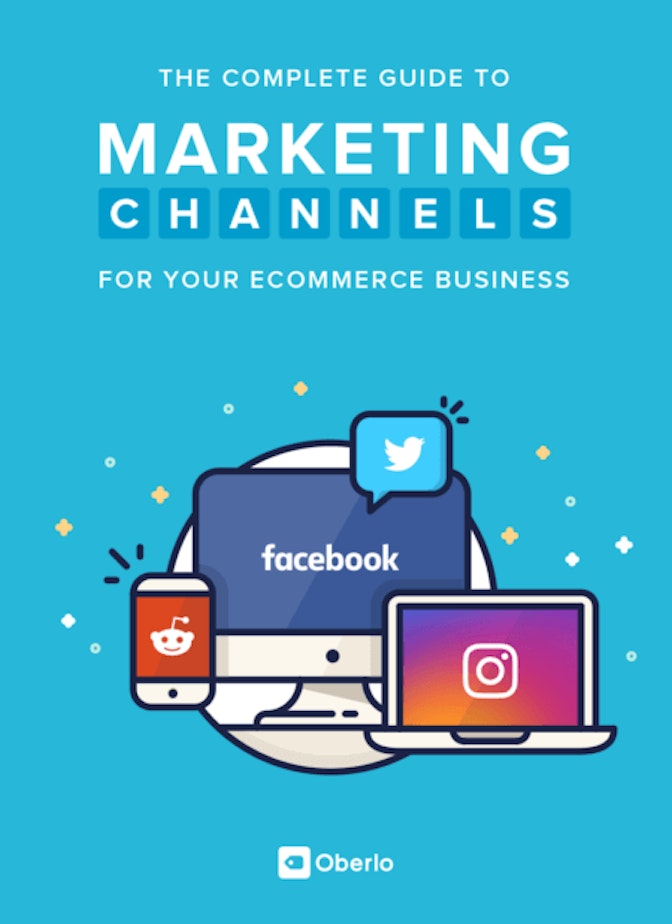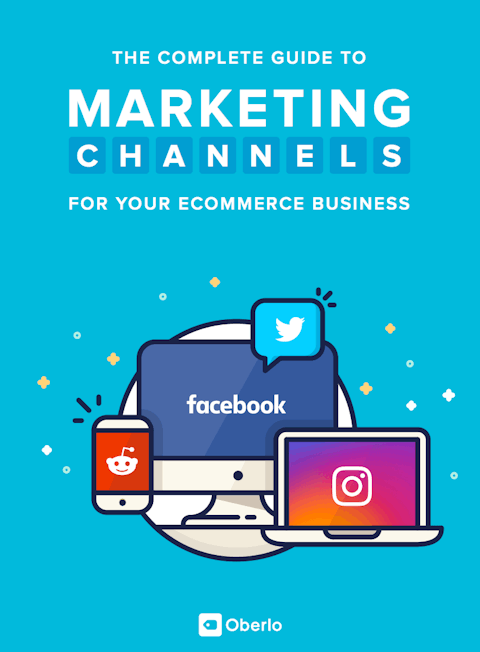Email marketing is one of the fundamental channels for keeping engaged with people who have already expressed interest in your brand. You are able to reach out directly to these individuals with updates and sales that can encourage them to revisit your site and make additional purchases. After all, it is far cheaper to generate sales from existing customers than from new ones. There are myriad approaches to email marketing, and equally many reasons for contacting those on your mailing list. For example, you can send an automated email to people who have abandoned their shopping carts on your site, or even launch a drip campaign, delivering tailored content directly to your customers’ inboxes.
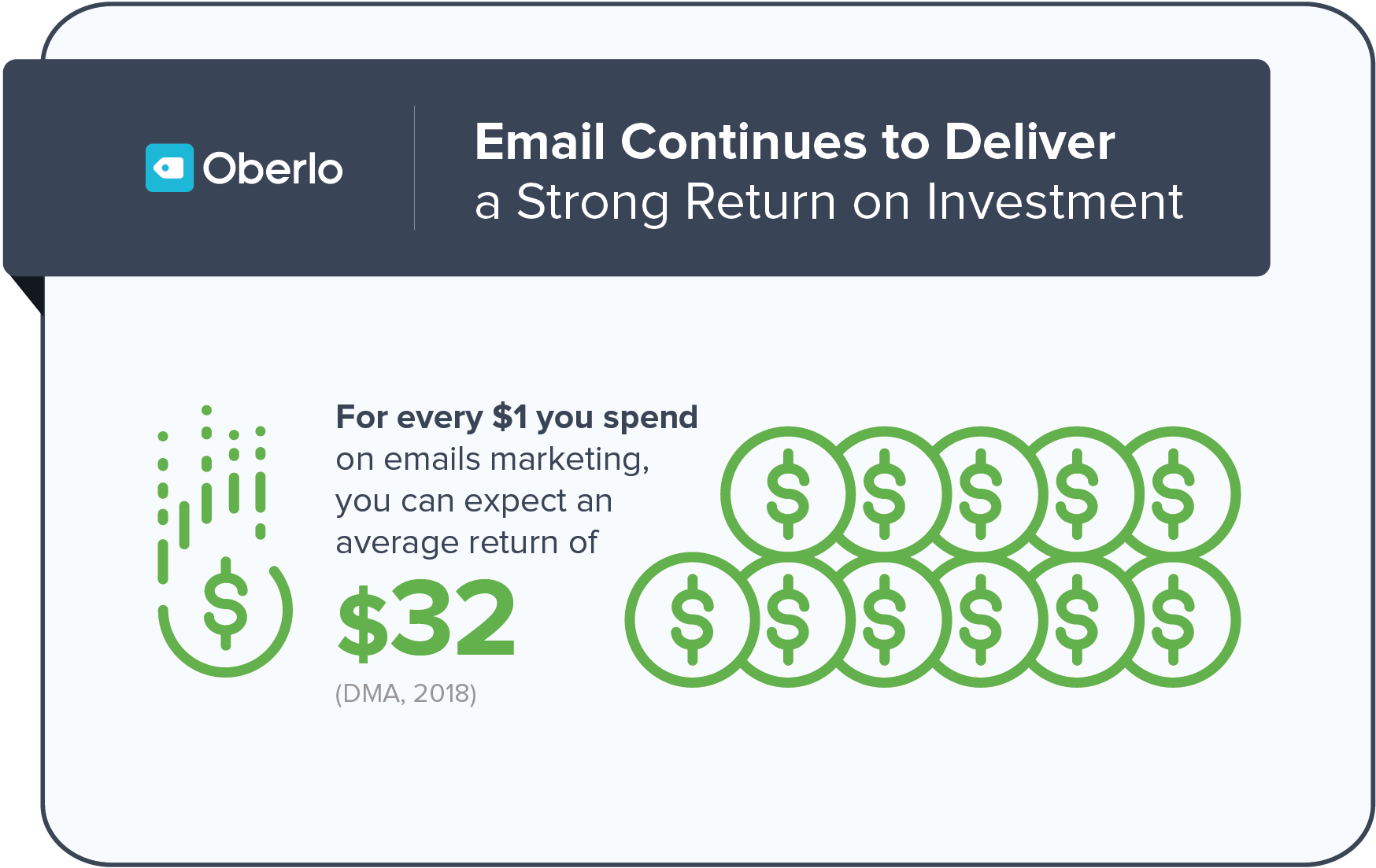
The beauty of email marketing is that you’ve already refined your audience to people who willingly gave you their emails out of interest in your business. It’s no wonder why email has the highest ROI of all marketing channels. Plus, almost 3 billion people worldwide have email accounts, which even surpasses the user base of Facebook. Email marketing’s click-through rates (CTR) are also substantially higher than those of Facebook or Twitter for example, averaging at around 3.42% when the latter’s are stuck wallowing below 0.2%. This is one of the most lucrative advertising channels with an extraordinarily high ROI when the right strategies are employed. Not to mention, it is one of the cheapest marketing options, and there are many free and easy tools and services available to help you stay organized including Constant Contact, MadMimi, and Campaign Monitor.
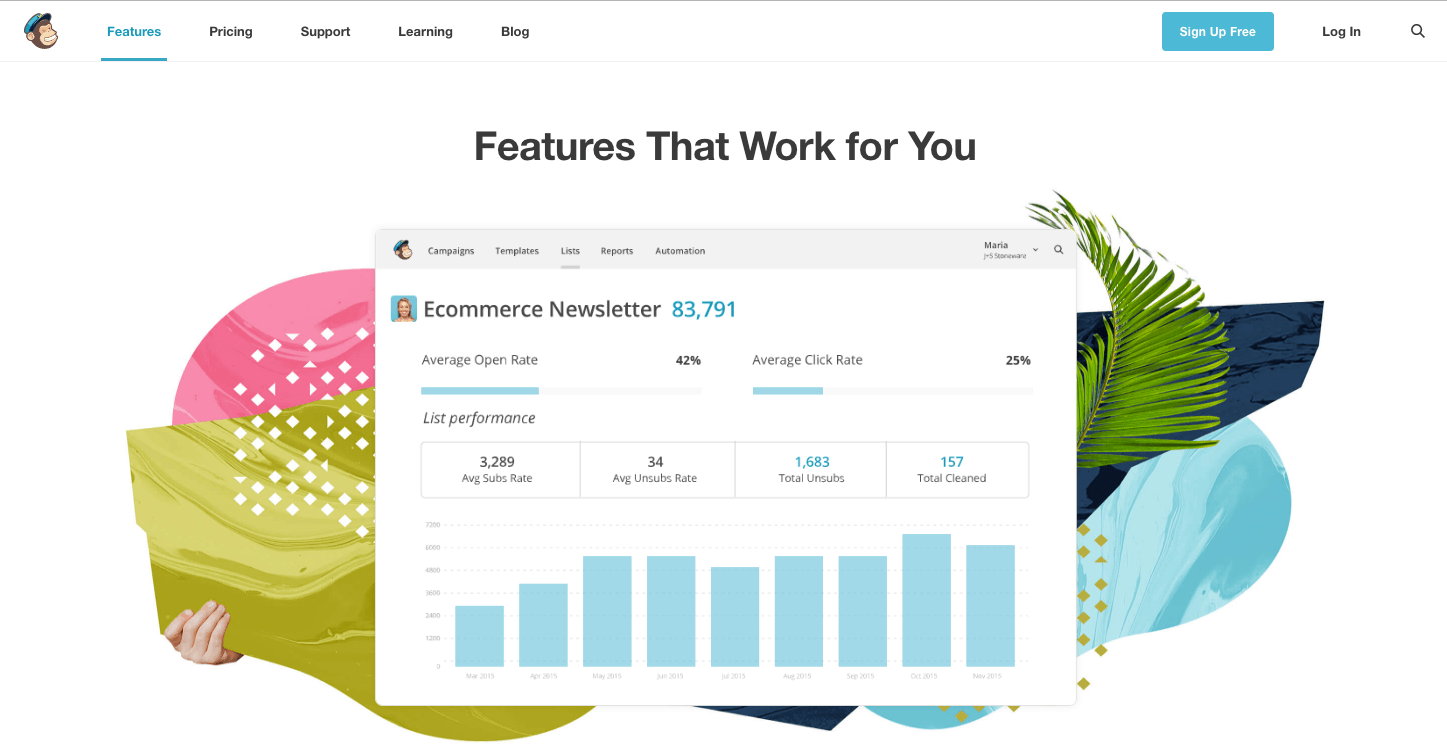
You have ownership over your email list in a way you do not on other platforms where you are merely a user with a profile, meaning it is a more robust channel where fewer factors are outside of your control, particularly your access to the audience you build since you can always store your email contacts onto your computer for safekeeping.
How It Works:
Once you’ve acquired someone’s email, you know you already have a foot in the door when it comes to generating conversions. They’ve subscribed to your email list because they were at least marginally interested in what you’re selling. This is a great thing, and it can help you to tailor your email marketing campaign strategies. That said, do keep an eye on your email list, assuring that those subscribed have been engaged with your brand within the past few months to ensure that the campaigns are as relevant to your audience as possible. This will improve your delivery rates, even if you are sending emails to less people. One great way to ensure this is by building the list of contacts that have subscribed to your newsletter.
The best email marketers know how to send compelling content at the right times with actionable messaging (especially in your subject lines), which ideally appeals to your customer’s emotions. According to Oberlo contributor, Raghav Haran, ask yourself the following questions when creating email marketing content, “What does your product allow your customer to do? How would they feel as they use it?”
Making Your Campaign:
Segment Your Audience
First off, sort your customers, known as “segmenting,” so that you can create more personalized email marketing campaigns that suit different sets of motives. Do this by first identifying the different stages in the lifecycle of a customer’s relationship with your shop, known as the “buyer’s journey.” Perhaps they subscribed because they are existing customers interested in receiving discounts or updates about new products to purchase. Maybe they were prospective customers who abandoned their carts before committing, or possibly they are first time buyers who you wish to reward with a product discount for recommending your shop to a friend. By figuring out these different groups, you’re better able to generate emails based on the behaviors you’d like them to perform.
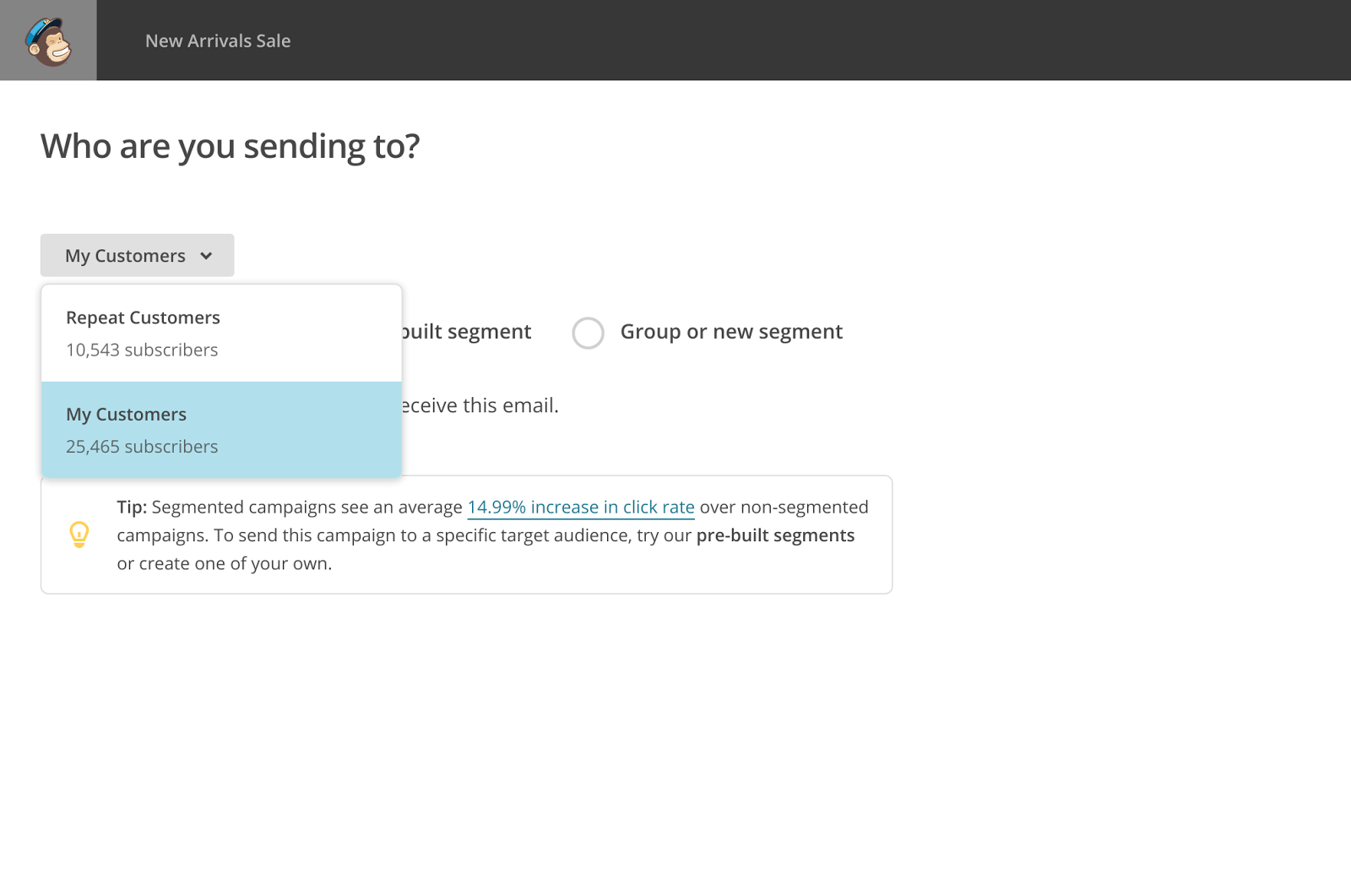
Choose an Email Provider
From here, you can use email systems like Constant Contact to create multiple campaigns, which are based on the criteria you’ve identified. Segment different customers based on various factors including purchase history or point in time when the customer purchased last. Furthermore, it’s worth noting that using an email provider will improve your email bounce rate, deliverability, and mobile readiness. These systems automatically help you to format your emails so that you don’t have to worry about handling the design yourself or relying on the email clients themselves (ex: gmail, Yahoo), which don’t always get it right.
Writing Your Emails
There are many different varieties of emails used in this marketing channel, but some of the most popular are:
- Welcome emails
- Abandoned cart emails
- Win-back/reward emails
- Seasonal/promotiona/salel emails
- Triggered email series
- Transactional emails
The two most important things to keep in mind when crafting your emails are the subject line and the call-to-action button.
-
- Subject lines are absolutely crucial to the success of your email marketing campaign. Most of us are subscribed to dozens of email lists, and it’s imperative that your emails stand out from the rest if you actually want people to open them. Apply the following helpful tips when writing yours:
- Keep the subject heading under 50 characters so they don’t get cut off on mobile devices.
- Draw the reader in with an enticing line (could be comical or mysterious).
- Use actionable language in the subject line.
- Add personalization tokens (include the name of the recipient, as this has been shown to boost click-through rates). Otherwise, send emails on birthdays or find other creative ways to make your emails tailored to customers as individuals.
- Keep it from looking spammy (too many exclamation points, all caps, laying it on too thick with sales buzzwords).
- Subject lines are absolutely crucial to the success of your email marketing campaign. Most of us are subscribed to dozens of email lists, and it’s imperative that your emails stand out from the rest if you actually want people to open them. Apply the following helpful tips when writing yours:
- Regarding the Call-to-action button, make sure to include at least one or two large ones in the email. Chances are that people won’t take the time to read every word of your email. Therefore, the call to action button should be clear, interactive, and enticing. Definitely use action words, which could be as simple as “shop now,” “learn more,” “click here,” “see sale,” or something more tailored to your brand like “buy purple flower today” or “get 50% today only.”
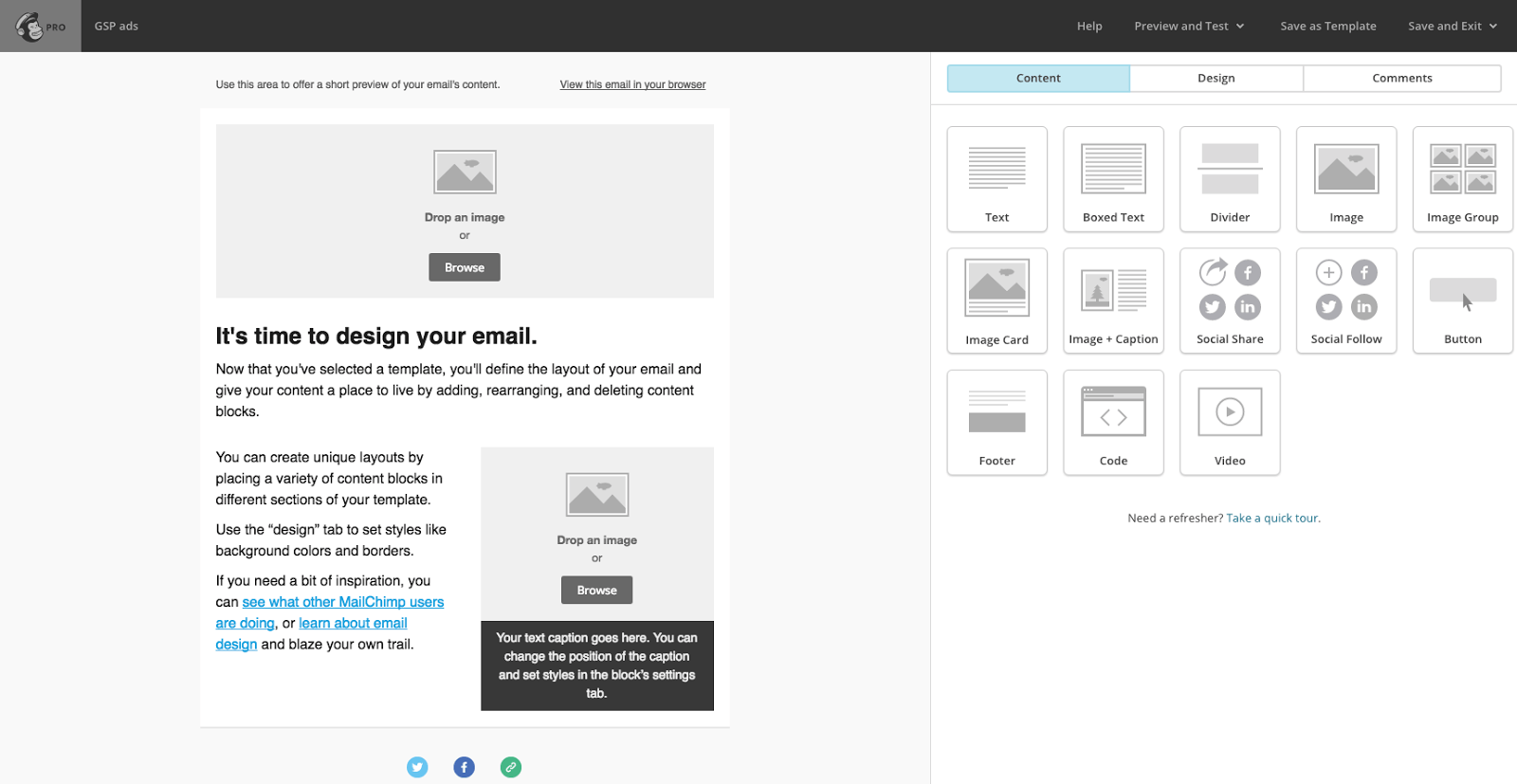
Note that while fancy email formatting may make your messaging more visually compelling, data suggests that its impact on a successful email campaign is negligible when compared to the quality of the content itself. This means that you don’t need to get overly hung up on this aspect of your email marketing strategy, at least not when you’re just getting started out.
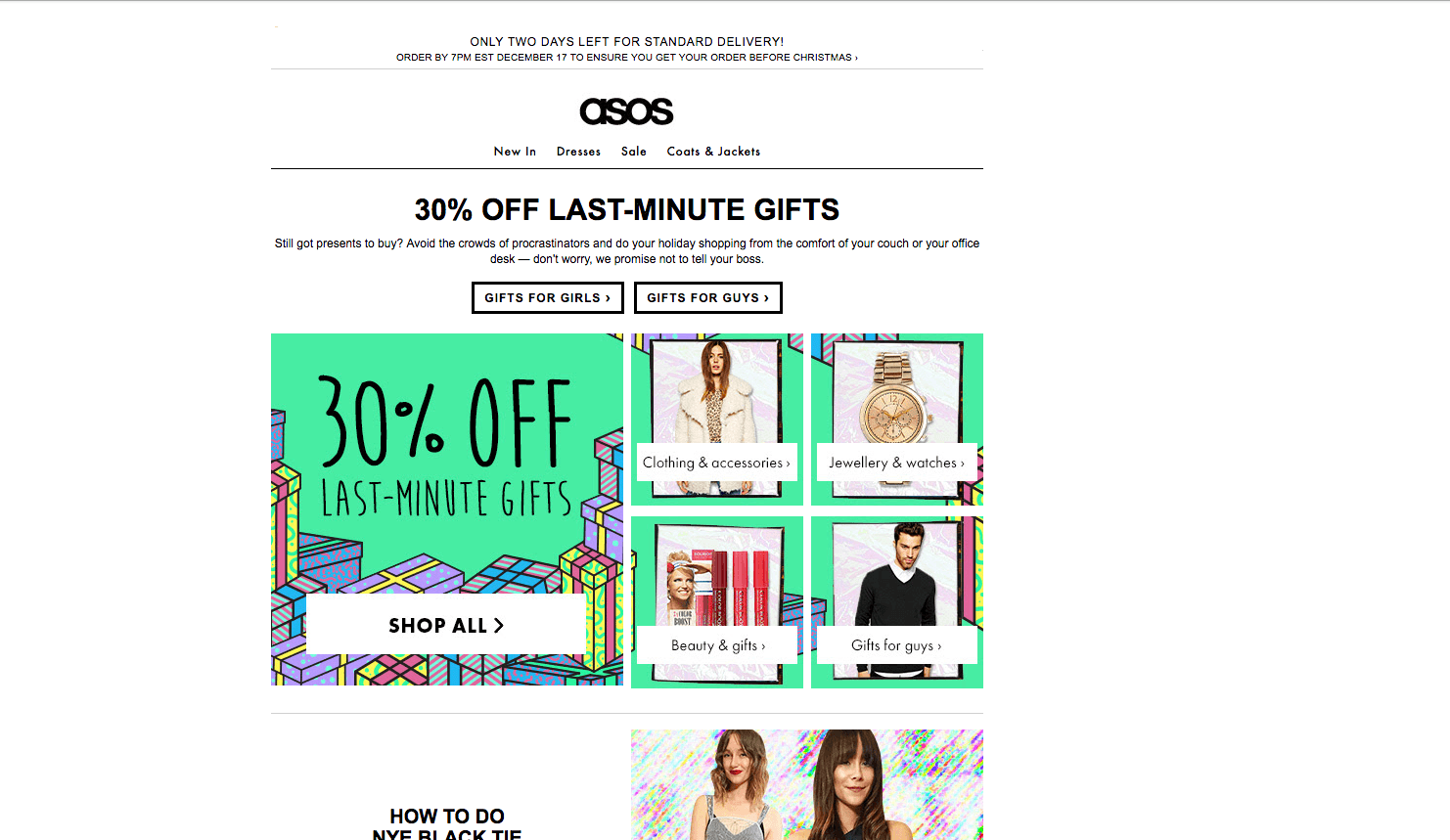
Setting the Frequency of Your Emails
Lastly, it’s time to consider the frequency and timing of emails generated within a given campaign. It’s important to find that sweet spot where you’re not sending too few or too many emails within a given month.
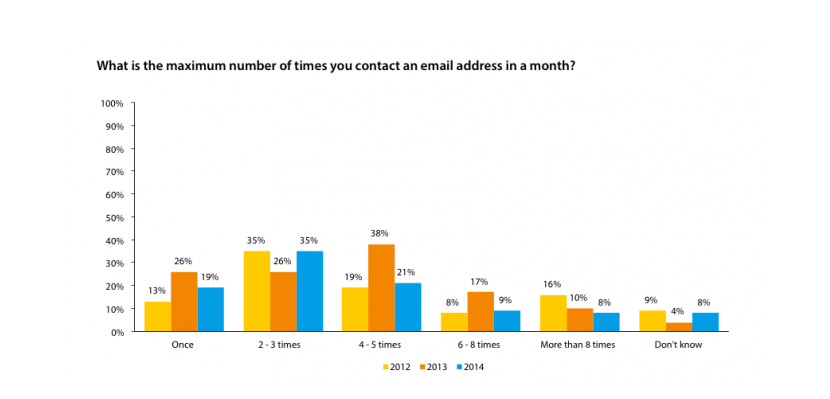
Remember to keep in mind that the frequency of emails included in a campaign should take into account whether the audience is simultaneously receiving transactional and empty cart reminder emails from you. Also, note that holidays make great promotional opportunities.
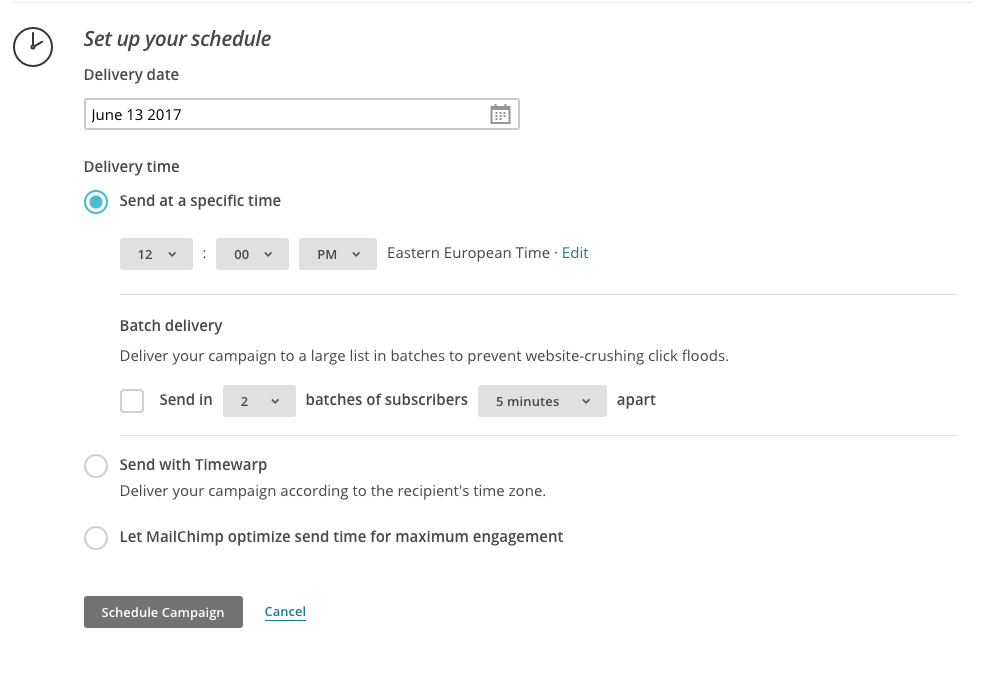
Measuring Success:
A good mailing service like Mad Mimi or Campaign Monitor have all info metrics you need in their dashboards, with customizable options to boot. Some metrics to watch are:
- Open rate (ave. % in the market 16.92%)
- Click rate (ave. % in the market 2.61%)
- Sales $ (ave. revenue per promotional email $ 0.02)
- Bounce rate (ave. % in the market 0.27%)
- Unsubscribe rate (ave. % in the market 0.21%)
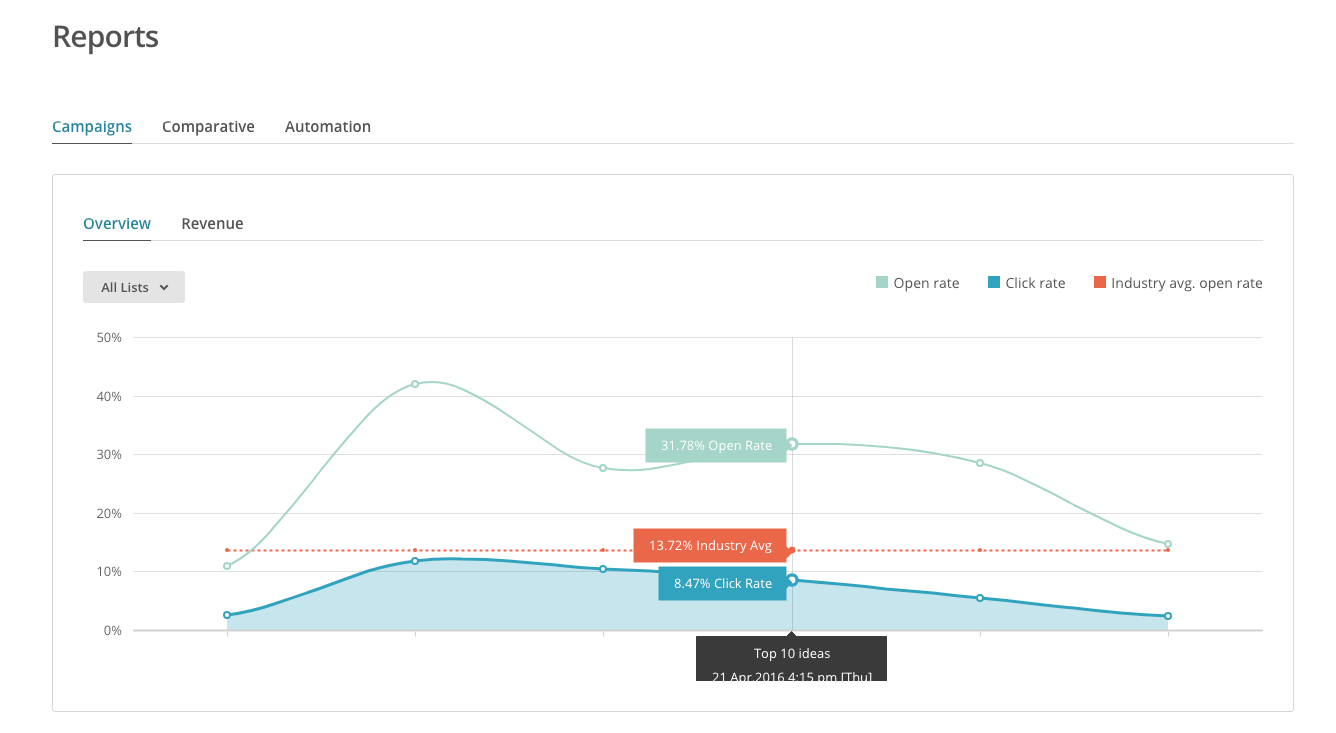
Helpful Resources:
Email Marketing for Small Business: How to Get Started
What Is Email Marketing and Why Is It Important?
Email Marketing Strategies to Turn More Prospects Into Paying Customers
How to Get Your First 1000 Email Subscribers for Ecommerce
Email Marketing
